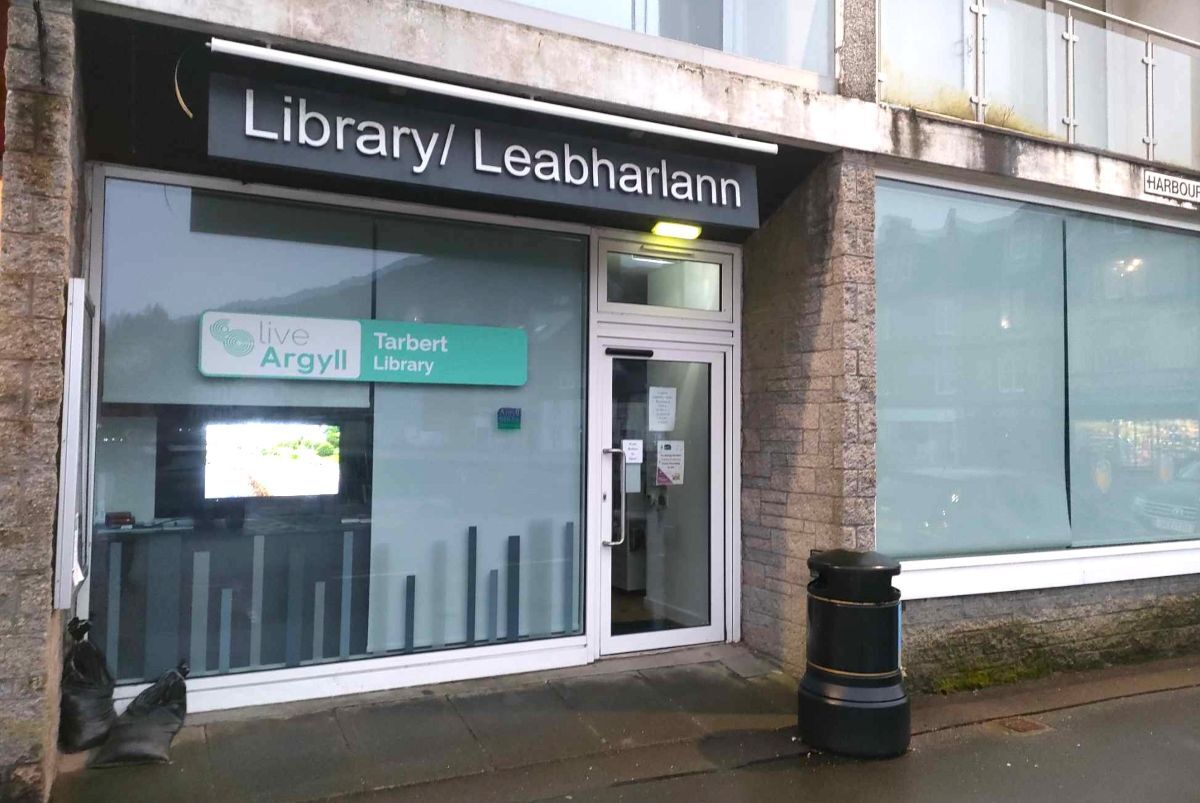Mid Argyll farmer at end of tether due to sea eagles
A Mid Argyll farmer who faces financial ruin after losing more than half his flock of lambs, claims sea eagles are to blame.
Richard Rennie farms at Garvachy near Minard and has lost 280 lambs in this lambing year and says the protected bird, known officially as the white-tailed eagle, has also killed a fully-grown ewe.
The emotional and financial toll the deaths are taking on Mr Rennie and his family could see him give up on the land that has been farmed by the family for generations.
“It makes you feel like a failure; you don’t know where to turn,” he told the Advertiser.
“I don’t take a wage from the business and we have lost £24,000 due to lamb deaths. If it wasn’t for my wife’s wages from her role as an education support officer, we wouldn’t have been able to feed and clothe our baby.”
Mr Rennie acknowledges that every sheep farmer expects losses, but not on the scale he has seen since two sea eagle breeding pairs and six juveniles moved into the area.
“Historically we expect five to seven per cent lamb loss, but this year we have seen more than 50 per cent.”
Although there can be numerous reasons that lambs die on Scottish hillsides, Mr Rennie is adamant that sea eagles are to blame for a large number of the deaths he sees.
“Recently I spooked a sea eagle from just 10 yards away and seconds later I found a fully-grown ewe with fresh blood pouring from it,” Mr Rennie said. “I have no doubt at all that it was killed by the sea eagle. You always know when it has been a sea eagle as the puncture wounds and pluckings at the ribs are so distinctive.
"Other predators just don’t leave these talon puncture marks.”
Mr Rennie’s concerns about sea eagle predation have been acknowledged by NatureScot, which has been working with him to find measures to mitigate the problem. However not everyone agrees that the birds are preying on livestock to any great extent.
RSPB Scotland’s head of species and land management Duncan Orr Ewing told the Advertiser: “Although I can’t comment on this case in particular, some claims are clearly quite exaggerated. Livestock studies with satellite tags in England have shown no livestock predation, in fact the tagging shows they are feeding on fish and a natural diet.”
Mr Orr Ewing pointed to other factors in Mid Argyll that could be to blame for the high number of sheep deaths.
“Around Lochgilphead there are fewer farms than before and many have been turned over to forestry; with forestry come foxes who are well know to predate on lambs.
“Also climate change has had a big impact – for example cold weather lambing has been on the increase.”
However, sea eagle predation is recognised by NatureScot as a factor in lamb deaths and the organisation runs schemes to support affected farmers.
“NatureScot and the Scottish Government recognise that white-tailed eagles can cause economic impacts to farms and crofts in some locations.
“We are working closely with Mr Rennie at Garvachy and recently began trialling a diversionary feeding approach on his farm, which is additional to the Sea Eagle Management Scheme support. We have not yet successfully attracted the birds to the food provided, however we will continue to collaborate with Mr Rennie to explore further practical options.”
Also offering support to Mr Rennie is Argyll and Bute MSP Jenni Minto.
She told the Advertiser: “Having met with Richard and visited his farm where I heard about his experiences, I fully understand the impact this has had.
“I think it is crucial that the experience of farmers such as Richard are heard and so I have written to agriculture minister Jim Fairlie MSP to ask that he meets with Richard.”
Mr Rennie’s challenges are mirrored throughout the country and could spread further. Mr Orr Ewing said that there are currently thought to be 200 breeding pairs of sea eagles, but the RSPB would like to see this number trebled to 600.
Chairperson of the Argyll and Lochaber sea eagle stakeholder group David Colthart said: “The exponential rise in the bird’s population and lack of natural prey have meant this reintroduced apex predator is habitually using domestic livestock as a food source.
"This is totally unacceptable as it has a significant impact on farm and croft businesses, and the mental health of farmers and crofters.”
Sign up to our daily Newsletter
Permission Statement
Yes! I would like to be sent emails from West Coast Today
I understand that my personal information will not be shared with any third parties, and will only be used to provide me with useful targeted articles as indicated.
I'm also aware that I can un-subscribe at any point either from each email notification or on My Account screen.














